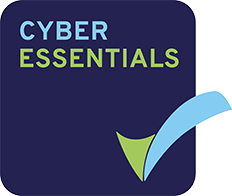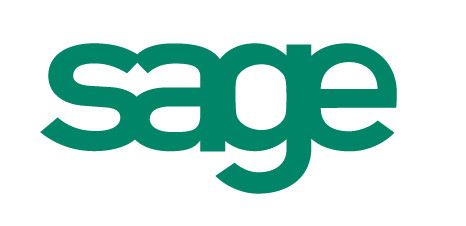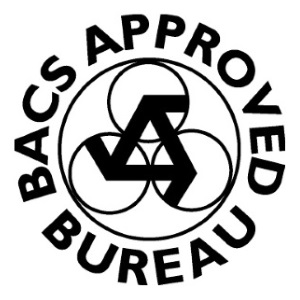Help for the self-employed
As the Government has admitted it is “operationally difficult” for them to administer help to the self-employed, some business owners are admitting that while they are glad their employees’ salaries are largely protected, they feel left out in the cold.
Here, we run through the help and guidance available so far for the self-employed , and what you should do next. As always, we’ll update this list periodically.
Sick pay and Universal Credit
Although freelancers and the self-employed do not normally have access to sick pay, the Government has promised to pay Employment and Support Allowance (ESA) from day one if you have to self isolate or are sick. ESA is typically £73.10 or £57.90 for people under the age of 25.
Changes to Universal Credit mean that the self-employed receive the same amount as someone on statutory sick pay, or £94.25 a week. Universal Credit is calculated based on your earnings, whether you’ve got children, and other factors. You can find out more on how much you can claim here.
Mortgage holidays
You could take a three month mortgage holiday, though be aware that these are not available for buy-to-let investors. Take a look at our list of mortgage providers and their coronavirus measures here.
Tax bills and payments
If you have outstanding tax, VAT or PAYE payments, get in touch with HMRC via their dedicated coronavirus helpline on 0800 015 9559 (open Monday to Friday, 8am to 8pm and Saturday, 8am to 4pm). You may be able to negotiate a Time to Pay package. HMRC have also said debt recovery action may be waived, but you must get in touch with them to discuss.
VAT Registered businesses will now have until the end of the financial year (5 April 2021) to pay their VAT bill, instead of the usual one calendar month plus seven days. This is an automatic deferral and no need to apply to HMRC. You should still try to complete and file your returns on time, but if you can’t due to sickness or staff shortages, record the reason for the delay so can appeal any late filing penalties.
If you can’t pay your Self Assessment tax bill, but have filed your return and owe less than £10,000, you might be able to arrange to pay in instalments online. Check your eligibility via your Government Gateway account. If you have set up a payment plan online, you don’t need to contact HMRC.
Self-employed taxpayers who are due to make a second payment on account in July 2020 will no longer have to meet the deadline; instead, the next personal tax payment deadline will now be January 2021. The deferral of the second tax deadline is welcome, though the payment will still be liable in January 2021, so you should speak to your accountant and start planning for a larger tax bill then. If your work decreases between now and the new tax year and you pay on account, you may end up owing little or no tax, or even getting a rebate from previous payment.
Government Loans
Take a look at our previous blog post on recent Government measures which includes details of the Business Interruption Loan Scheme, providing loans of up to £5 million with the first 12 months interest free. As we said in our article, speak to your accountant about your capacity for debt.
Payment on Account, the Construction Industry Scheme and the Budget Payment Plan
If you use any of the schemes above, and your income drops (or your business closes in respect of the CIS), what you have paid so far may cover the rest of your tax bill. If it means you have overpaid, you may be able to request a repayment now to ease cash flow. If you are making tax and National Insurance contributions through the Budget Payment Plan, then you can ask HMRC to stop or refund payments.
Cash flow
As we said in our article about help for businesses you could contact your credit suppliers to ask about repayment holidays, credit and overdrafts. You might be able to aid cashflow by relaxing repayments. See if you can negotiate improved terms for payments and pricing with your suppliers.
Finally, if you do not receive payment for work you have done, keep a record. You will be able to use it as evidence in any appeals to HMRC.
The self employed number nearly 5 million people in the UK, representing an estimated 15% of the labour force. The Government response feels lacklustre at the moment but we’re waiting for more measures to be announced. In the meantime, speak to us about ways we can help.












